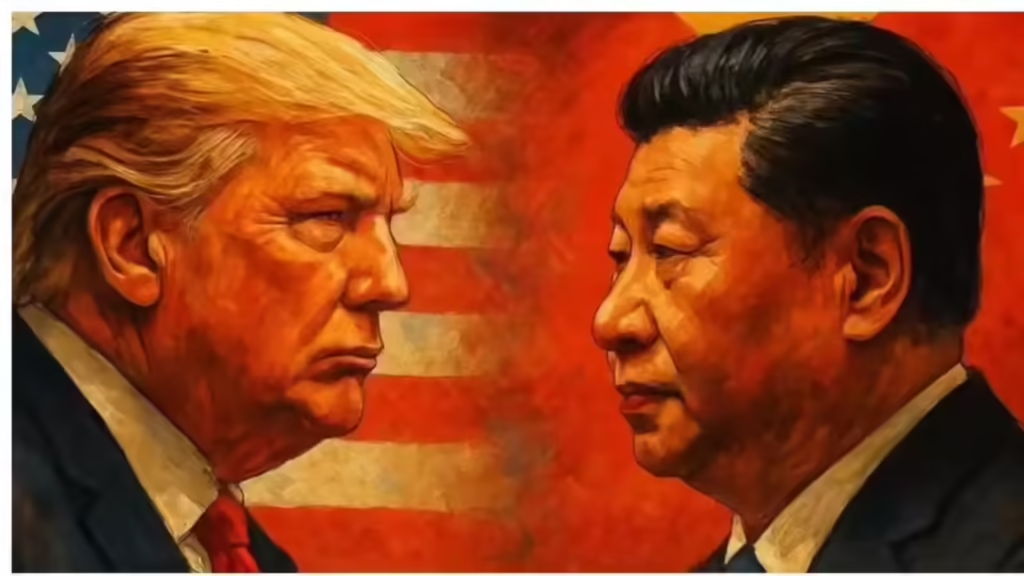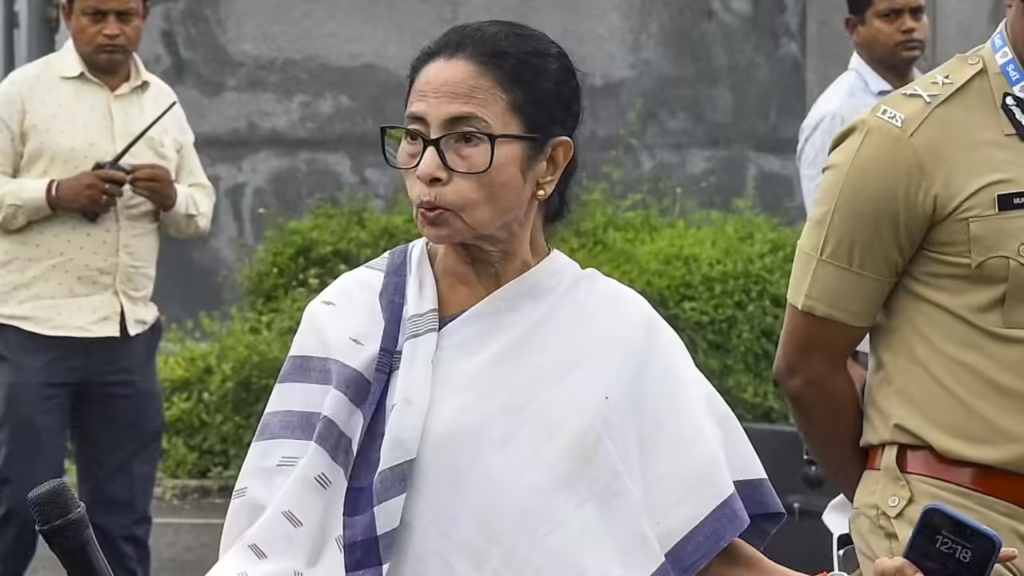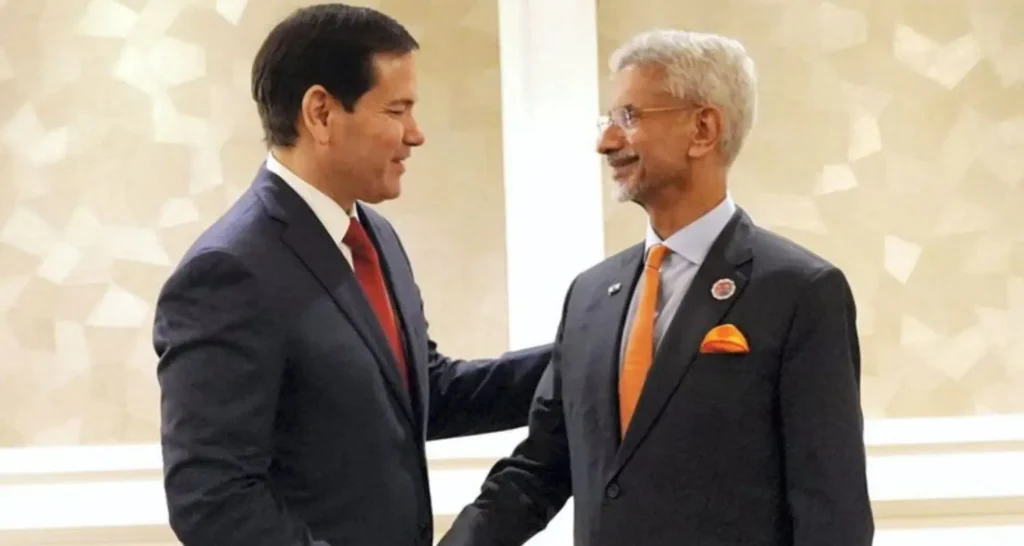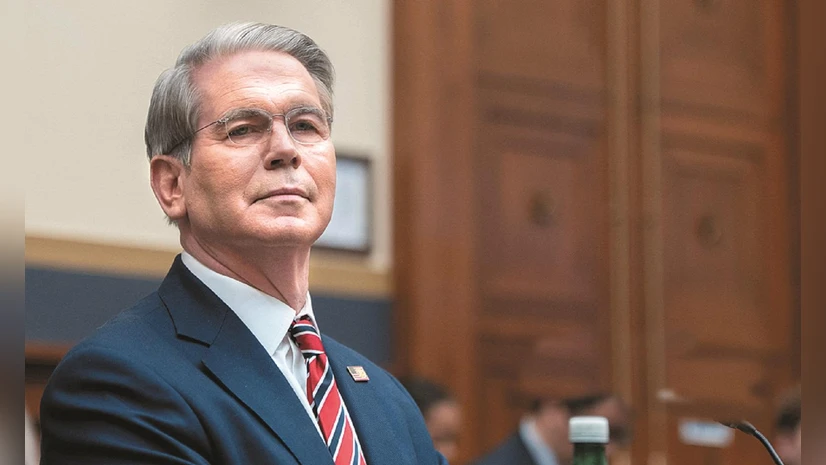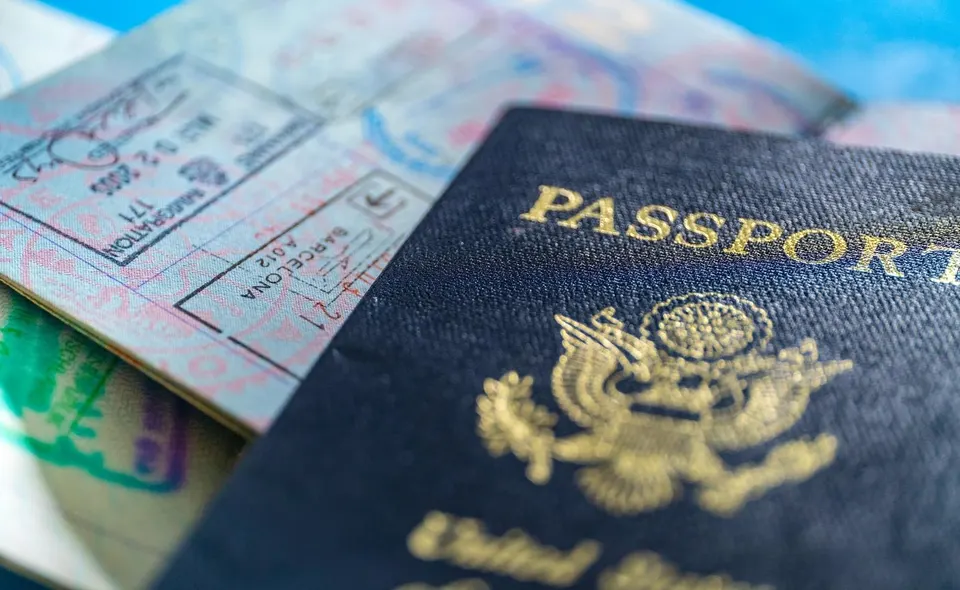Now Reading: Pakistan’s ‘Sharm Offensive’: A Strategic Push to Nominate Trump for Nobel Peace Prize
-
01
Pakistan’s ‘Sharm Offensive’: A Strategic Push to Nominate Trump for Nobel Peace Prize
Pakistan’s ‘Sharm Offensive’: A Strategic Push to Nominate Trump for Nobel Peace Prize
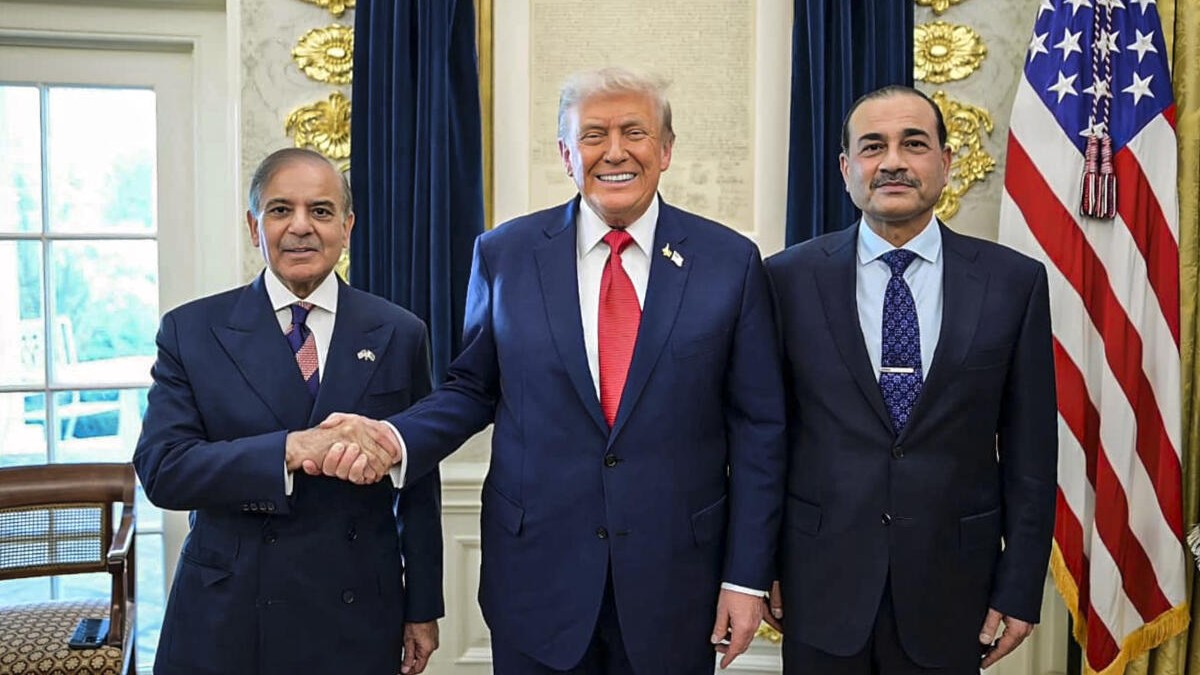
Pakistan is intensifying its diplomatic efforts by nominating former U.S. President Donald Trump for the Nobel Peace Prize, marking a significant development in international relations. Prime Minister Shehbaz Sharif, during the Gaza Peace Summit in Sharm el-Sheikh, Egypt, praised Trump’s role in facilitating peace agreements and announced Pakistan’s intention to nominate him for the prestigious award. This move underscores Pakistan’s strategic approach to international diplomacy and its desire to strengthen ties with the United States.
Background of the Nomination
The nomination follows Trump’s involvement in mediating ceasefires and peace agreements in conflict zones, notably between Armenia and Azerbaijan, and more recently, in Gaza. Malta’s Foreign Minister Ian Borg had previously nominated Trump for the Nobel Peace Prize, citing his efforts in these regions. Pakistan’s endorsement adds to the growing list of international support for Trump’s candidacy.
Pakistan’s Diplomatic Strategy
Prime Minister Sharif’s public endorsement of Trump at the summit highlights Pakistan’s diplomatic strategy to align itself with global peace initiatives. By nominating Trump, Pakistan aims to bolster its image on the world stage and strengthen bilateral relations with the United States. This move is seen as part of Pakistan’s broader efforts to engage in proactive diplomacy and enhance its influence in international affairs.
Implications for International Relations
The nomination has sparked discussions on the role of international diplomacy in conflict resolution. While some view Pakistan’s support as a strategic alignment with a key global power, others question the consistency of Trump’s peace efforts, given his administration’s previous actions in other regions. Nonetheless, the nomination reflects Pakistan’s commitment to participating actively in global peace processes and its recognition of Trump’s role in recent diplomatic successes.
Conclusion
Pakistan’s nomination of Donald Trump for the Nobel Peace Prize signifies a calculated move in its foreign policy, aiming to strengthen ties with the United States and assert its role in international peace efforts. As the global community observes, this development could influence future diplomatic engagements and the dynamics of international relations.








